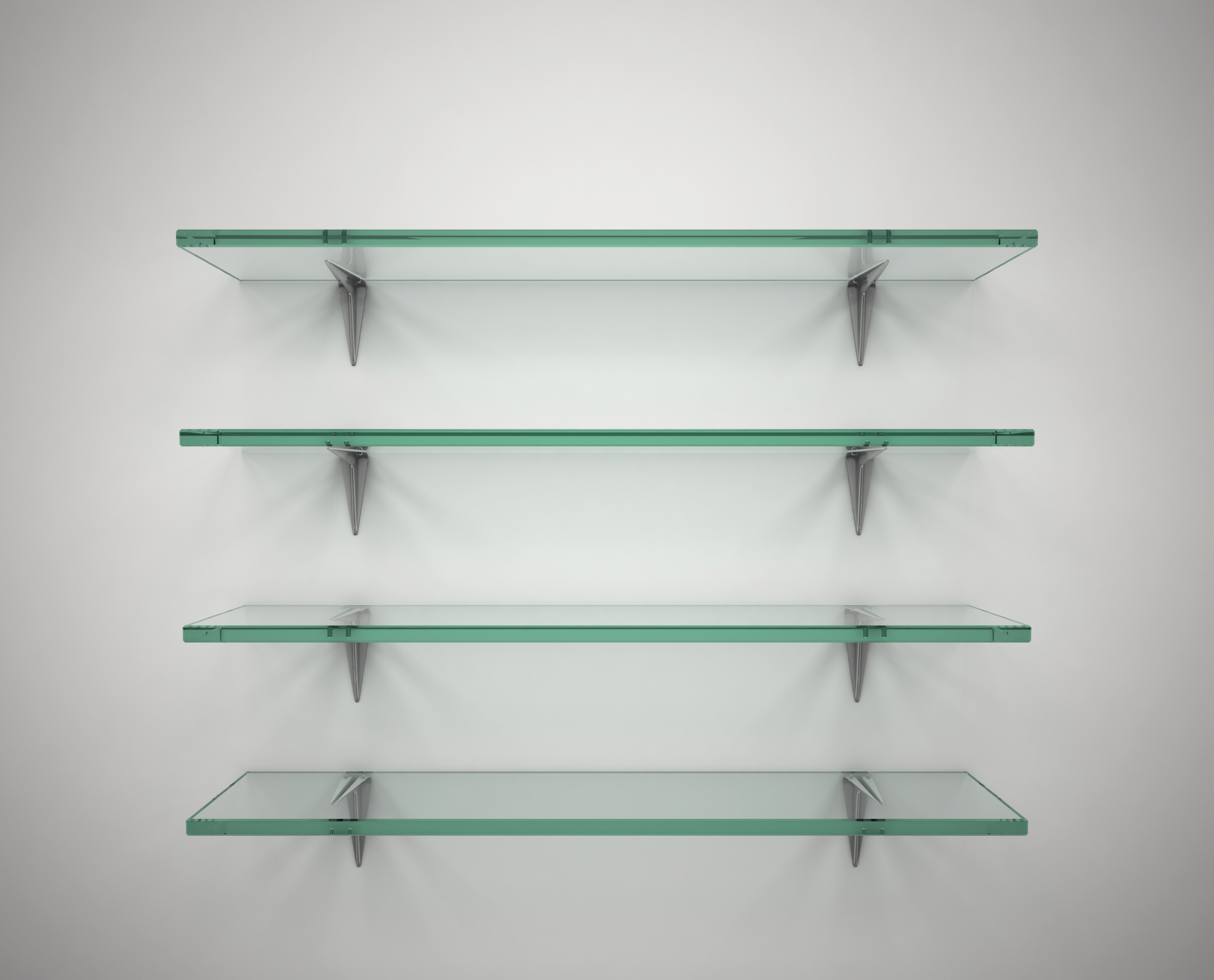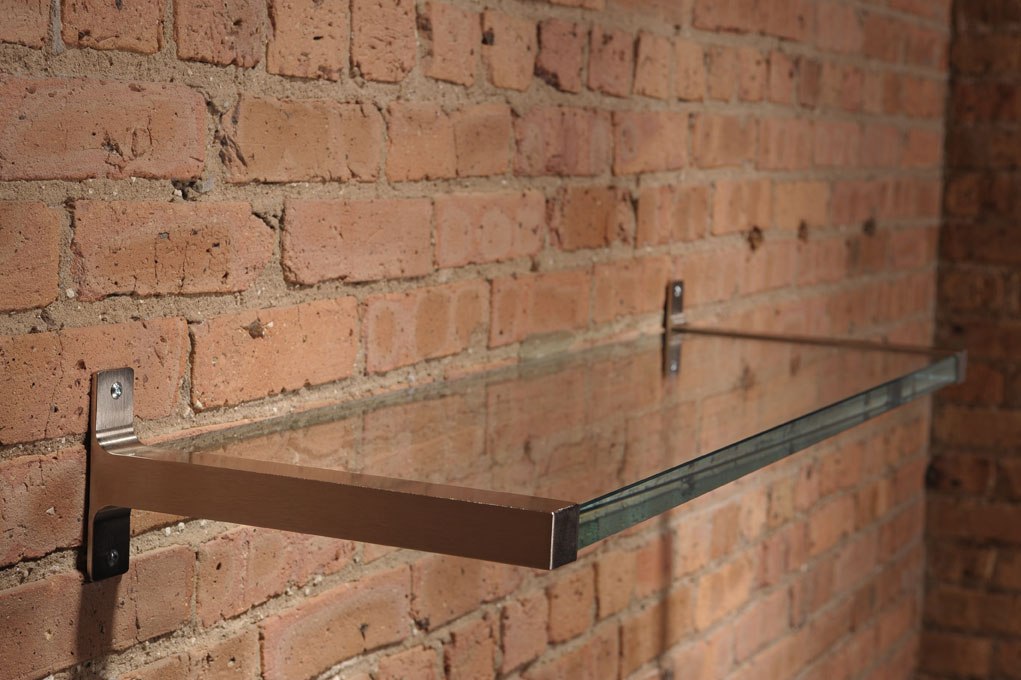Glass shelves should be at least 8mm thick to support normal household items. Thicker glass, such as 10mm or 12mm, is recommended for heavier items or high-traffic areas.
When choosing glass shelves for your space, it’s essential to consider the weight of the items you plan to display. The thickness of the glass will determine the weight it can support without breaking or cracking. Thicker glass shelves provide more durability and safety, especially in areas where there is a risk of impact or heavy usage.
By understanding the recommended thickness for glass shelves, you can ensure that your shelving is both functional and visually appealing. Next, we will delve into the factors that influence the ideal thickness of glass shelves and why it’s crucial to get it right for your specific needs.

Credit: www.klgglass.co.uk

Credit: www.americanglasstop.com
Frequently Asked Questions For How Thick Should Glass Shelves Be
What Factors Determine The Thickness Of Glass Shelves?
Glass shelf thickness depends on weight capacity, shelf span, and intended use. For heavier items or longer spans, thicker glass is necessary for safety and durability.
How To Calculate The Thickness Of Glass Shelves?
To calculate glass shelf thickness, consider the weight of the items it will hold and the distance between supports. Consult weight capacity and span charts or consult with a professional to determine the appropriate thickness.
What Are The Advantages Of Thicker Glass Shelves?
Thicker glass shelves offer increased weight capacity, reduced flex, and enhanced durability. They provide a more substantial and secure platform for displaying or storing items.
Can I Use Tempered Glass For Shelves Instead Of Thicker Glass?
Tempered glass is a popular choice for shelves due to its strength and safety features. It may be an alternative to thicker glass for some applications, but weight capacity and span limitations should be considered.
Conclusion
Choosing the right thickness for glass shelves is crucial to ensure their durability and safety. By considering factors like weight capacity, desired aesthetic, and the intended use of the shelves, you can determine the ideal thickness for your specific needs.
Remember to consult with experts and consider the material quality to make an informed decision. With the right thickness, your glass shelves will not only add functionality to your space but also enhance its overall appeal.
{ “@context”: “https://schema.org”, “@type”: “FAQPage”, “mainEntity”: [ { “@type”: “Question”, “name”: “What factors determine the thickness of glass shelves?”, “acceptedAnswer”: { “@type”: “Answer”, “text”: “Glass shelf thickness depends on weight capacity, shelf span, and intended use. For heavier items or longer spans, thicker glass is necessary for safety and durability.” } } , { “@type”: “Question”, “name”: “How to calculate the thickness of glass shelves?”, “acceptedAnswer”: { “@type”: “Answer”, “text”: “To calculate glass shelf thickness, consider the weight of the items it will hold and the distance between supports. Consult weight capacity and span charts or consult with a professional to determine the appropriate thickness.” } } , { “@type”: “Question”, “name”: “What are the advantages of thicker glass shelves?”, “acceptedAnswer”: { “@type”: “Answer”, “text”: “Thicker glass shelves offer increased weight capacity, reduced flex, and enhanced durability. They provide a more substantial and secure platform for displaying or storing items.” } } , { “@type”: “Question”, “name”: “Can I use tempered glass for shelves instead of thicker glass?”, “acceptedAnswer”: { “@type”: “Answer”, “text”: “Tempered glass is a popular choice for shelves due to its strength and safety features. It may be an alternative to thicker glass for some applications, but weight capacity and span limitations should be considered.” } } ] }

